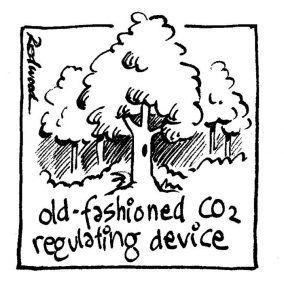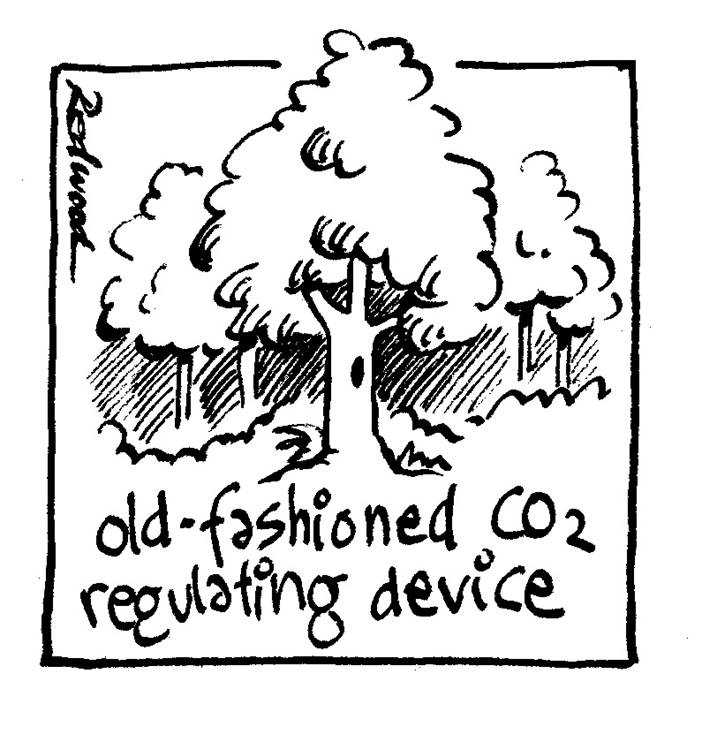The “Bluffers Guide” to LULUCF
4 December 2018
Even in the acronym-rich environment of the UNFCCC, the mention of LULUCF, which stands for Land Use, Land Use Change, and Forestry, freaks people out. It might seem complex, but here’s what you need to know:
Q: How could LULUCF rules undermine ambition?
A: Carbon accounting under the Kyoto Protocol fails to capture the real emissions to atmosphere from land and forests.
Q: Do land and forests get special treatment compared to other sectors?
A: Unfortunately they do. Current LULUCF rules allow countries to predict future emissions and get credits if they emit less than expected. If countries emitted exactly as what was predicted, they don’t have to account for those emissions. Imagine if this was the coal sector, it would be like a country saying “We predicted we would build 8 coal fired power stations but we”ve only built 5 so we’re in positive territory.”These false positives can also be used to hide a lack of progress in other sectors.
Q: LULUCF sounds a bit technical!
A: The headlines are simple. Forest and land emissions accounting doesn’t fully reflect emissions that are released into the atmosphere. This should be fixed!
Q: But won’t we fix these old problems with the new guidance developed under the Paris Agreement?
A: We hope! But we’re running out of time. We risk continuing the old emissions loopholes.
Q: So what’s the solution?
A: Make it simple and easy. Under the Convention, Parties already have to report their emissions from land and forests. This data should be used to account future emissions against emissions in the past.



